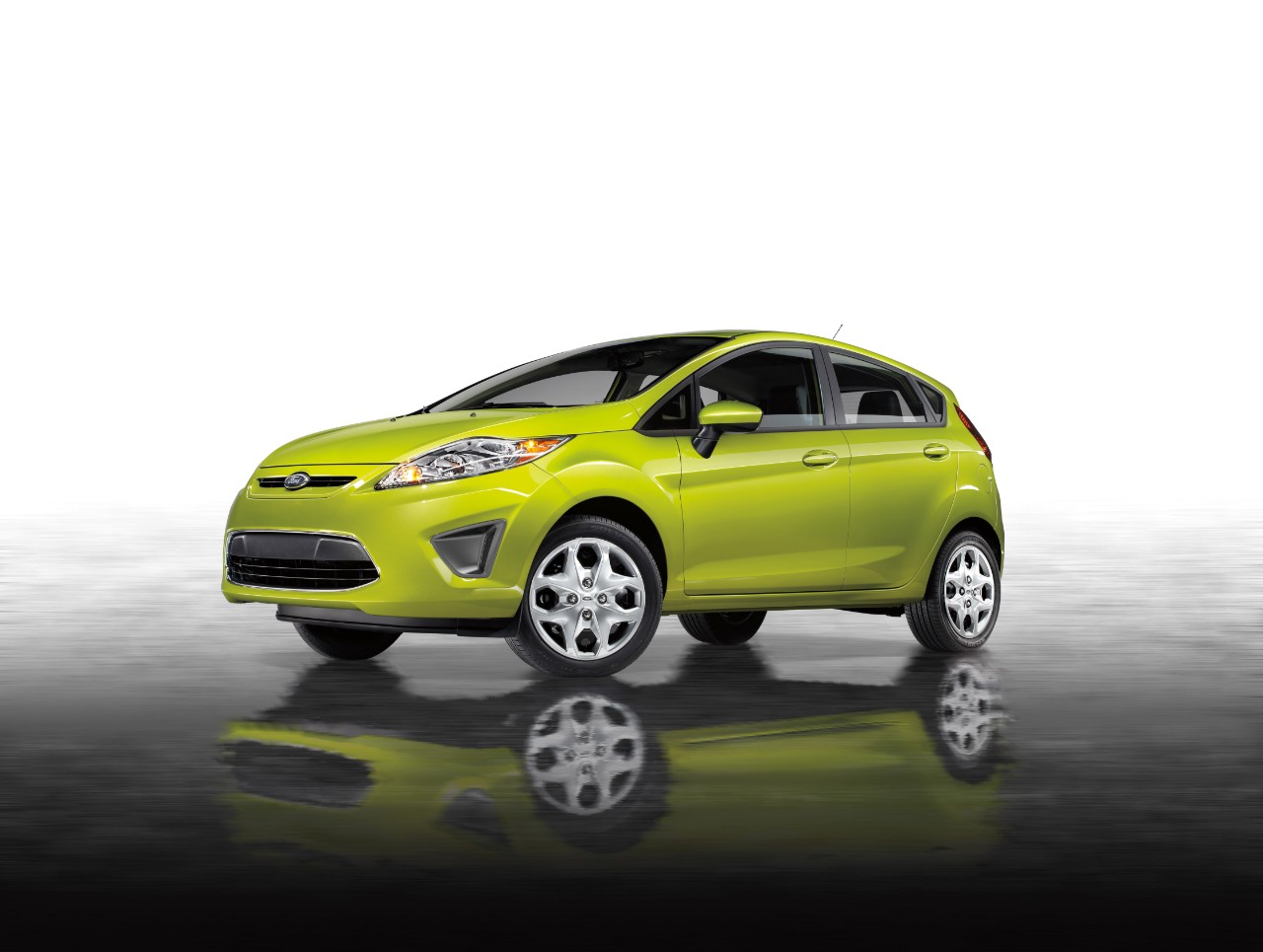Cars and Drivers
Ford Challenge: Are Europe Car Sales in Trouble Again?
Published:
When Ford Motor Co. (NYSE: F) set out its plans and projects for the next several years, one of the focuses was on Europe. Part of that focus was weakness of sales in Russia. However, investors should be concerned about Ford sales in the European Union. Sales of the overall market there have barely recovered since the Great Recession, and U.S.-based manufacturers are vulnerable because of larger rivals.
New passenger car registrations rose 2.1% in the European Union in August, according to the European Automobile Manufacturers’ Association (ACEA). Sales in the largest Europe market, Germany, dropped 0.4% for the month. While the figures are well above the contractions of the past several years, they do not come close to the boom in the U.S. and China markets.
Ford’s EU sales numbers in August were particularly strong. Unit registrations for passenger cars rose 17.4% to 47,133. This moved it ahead of rival General Motors Co. (NYSE: GM), which has struggled there for years. It had registrations of 44,985, or down 14.7%. However, Ford’s real competition is the bigger companies headquartered in Europe.
ALSO READ: Should GM Shares Have Dropped This Much With Ford?
As overall sales for the European Union remain relatively flat, each of these will try to use its market share to stave off smaller rivals. Foremost among the competition is Volkswagen, which has more than a quarter of the overall region’s market. With a 28% market share, its registrations in August surged 9.4% to 187,429. Given its size and market share, such an improvement is particularly impressive. Number two manufacturer, PSA Group, which builds Peugeot, did not do as well, with registrations up only 1.0% to 65,448. Despite the disappointment, its market share remained high at 9.8%. The weakest of Europe’s “big three,” Renault Group, posted a drop in sales of 3.1% to 62,305. However, its market share remained relatively good at 9.3%.
Ford’s challenges may be even tougher at the luxury end of the market, where its only weapon is the weak-selling Lincoln. Europe’s two largest luxury car companies continue to be hold high market share, despite the modest market for the most expensive cars. In August, registrations for BMW Group fell 1.4% to 44,108. Registrations of Daimler vehicles, led by Mercedes, dropped 5.3% to 37,790. Despite some weakness, the two auto groups have 12.2% between them, which means they hold the high ground in the category. While other luxury models like Audi may challenge these top two, Ford simply does not have the model line, although it has pegged Lincoln as essential to its global ambitions.
Ford has two hurdles in Europe. The first is the weakness of the overall market. The other is the strength of competition, particularly from the locals.
ALSO READ: Can Ford F-Series Remain Top-Selling U.S. Vehicle?
Start by taking a quick retirement quiz from SmartAsset that will match you with up to 3 financial advisors that serve your area and beyond in 5 minutes, or less.
Each advisor has been vetted by SmartAsset and is held to a fiduciary standard to act in your best interests.
Here’s how it works:
1. Answer SmartAsset advisor match quiz
2. Review your pre-screened matches at your leisure. Check out the advisors’ profiles.
3. Speak with advisors at no cost to you. Have an introductory call on the phone or introduction in person and choose whom to work with in the future
Get started right here.
Thank you for reading! Have some feedback for us?
Contact the 24/7 Wall St. editorial team.